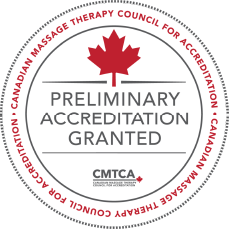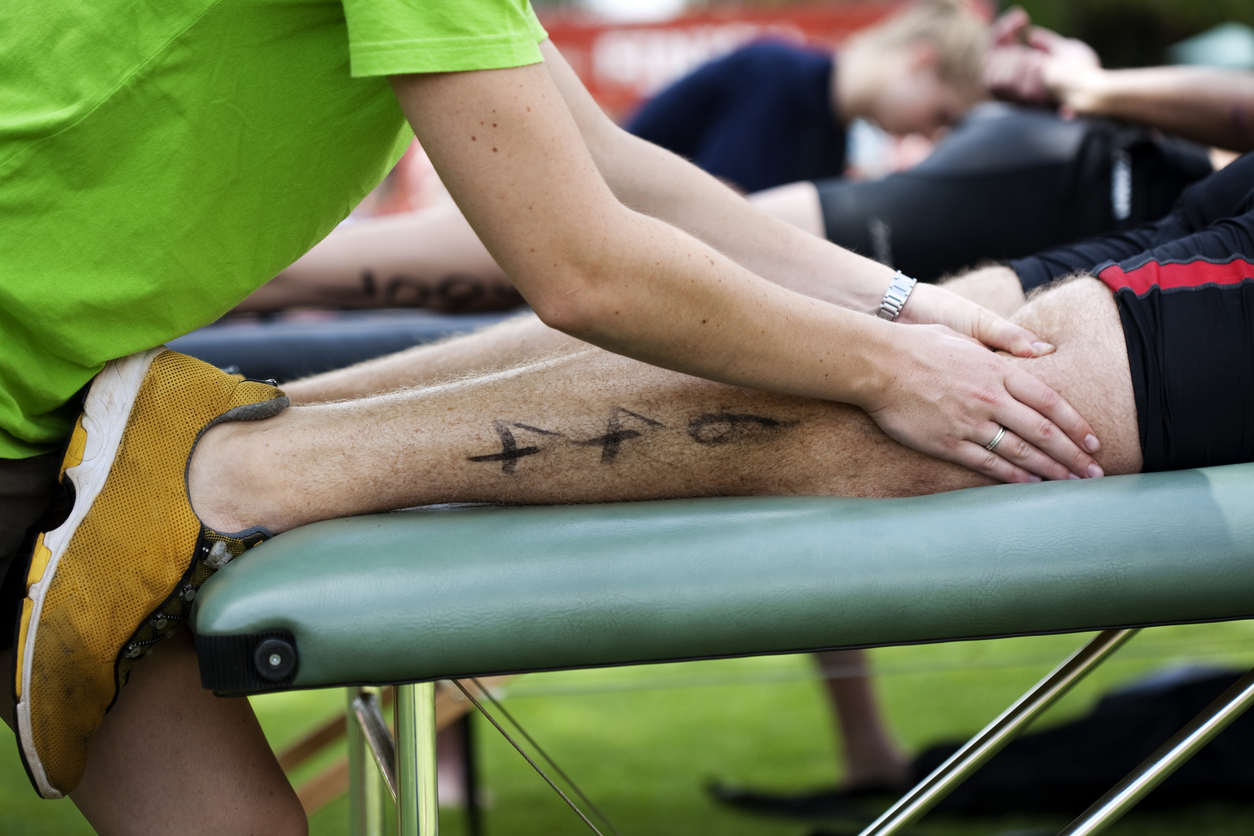Note: This post was published in 2022. For more information about CMTCA Accreditation and what it will mean for your massage career, check out this post from summer 2023 or this page on our website!
Vicars School of Massage Therapy is proud to announce that we have been granted full national accreditation status for both our Edmonton and Calgary campuses.
By granting full accreditation status to both, the Canadian Massage Therapy Council for Accreditation is recognizing that Vicars School of Massage Therapy meets Canada’s highest standards for massage therapy education.
The CMTCA is the independent agency that evaluates massage programs across the country to determine whether they meet rigorous curriculum and delivery standards.
Why does accreditation matter, and who benefits?
“This is a major achievement for our school,” says Maryhelen Vicars, the school’s president. “It will have significant long-term benefits for our students, our clients, and the massage therapy profession in Alberta.”
We expect that future Vicars graduates will be in even greater demand because of this announcement. Holding a diploma from an accredited program will help them stand out to employers and clients who want an RMT with a comprehensive and competency-based massage therapy education.
The announcement is also great news for people who are still dreaming of beginning a career in massage therapy, and are trying to decide which of Alberta’s massage therapy programs is the right choice for them.
“People shouldn’t only have to rely on what the admissions reps from each school tell them when they’re researching a new career,” says Vicars admissions coordinator Corrina Cornforth. “Being able to rely on unbiased sources like the CMTCA nationally and the MTAA locally means they can be confident about their choice of school.”
What is national accreditation and how did we get there?
“Becoming accredited is a landmark for our school,” says Maryhelen. “This is the result of more than two decades of commitment to providing the most up-to-date and effective massage therapy education possible.”
To determine whether they deserve to be accredited, the CMTCA evaluates a school’s performance in seven important categories: curriculum content; faculty and learning; student support; resources and infrastructure; leadership and administration; human resources; and quality improvement.
The curriculum standard is based on national standards for massage education in regulated provinces. The first version of these standards was published in 2012, just after Vicars School celebrated its 10th anniversary. We immediately took the opportunity to update our curriculum to meet these standards (though there weren’t too many changes needed, we’re proud to say). We did the same thing in 2016, when the standards were revised. Our curriculum is updated every year to make sure our students are learning the most up-to-date information and have access to the best resources.
This latest recognition from the CMTCA is a vindication of our commitment to our students, over and above what we’re required to do in Alberta.
“This kind of objective assessment—from an expert organization like the CMTCA—would be an important stamp of approval for any Canadian massage program,” explains Maryhelen. “But it’s even more important here in Alberta where massage therapy and massage education are not regulated by the government.”
In some Canadian provinces (such as BC and Newfoundland) massage therapy is a regulated health care profession, and massage therapists and massage schools are governed by a regulatory authority (called a professional college). Those regulatory groups work with accrediting agencies like the CMTCA to ensure that all schools in their province meet the national standards.
In non-regulated provinces like Alberta, however, there isn’t a professional college. Schools don’t have to meet any massage-specific curriculum or quality standards. Some of the professional associations that oversee RMTs—like the Massage Therapist Association of Alberta—have created education benchmarks, but they are not mandatory.
The absence of regulation has meant that the content and quality of massage therapy education in Alberta varies widely. This has made it very difficult for prospective massage students to know if a particular school will prepare them for a modern, successful massage therapy career.
What’s next?
Now that Vicars school has achieved accreditation, we will continue to support efforts toward the regulation of massage therapy in Alberta.
“The reason that we applied for accreditation in the first place is that having national standards is important,” says Maryhelen. “They exist to keep our clients and students safe, and to elevate our profession. We don’t think that any school should be able to opt out of meeting them—which is why they should be enforced at a provincial level.
“And in the meantime, we’re pleased to have earned this latest badge of quality from the CMTCA.”




